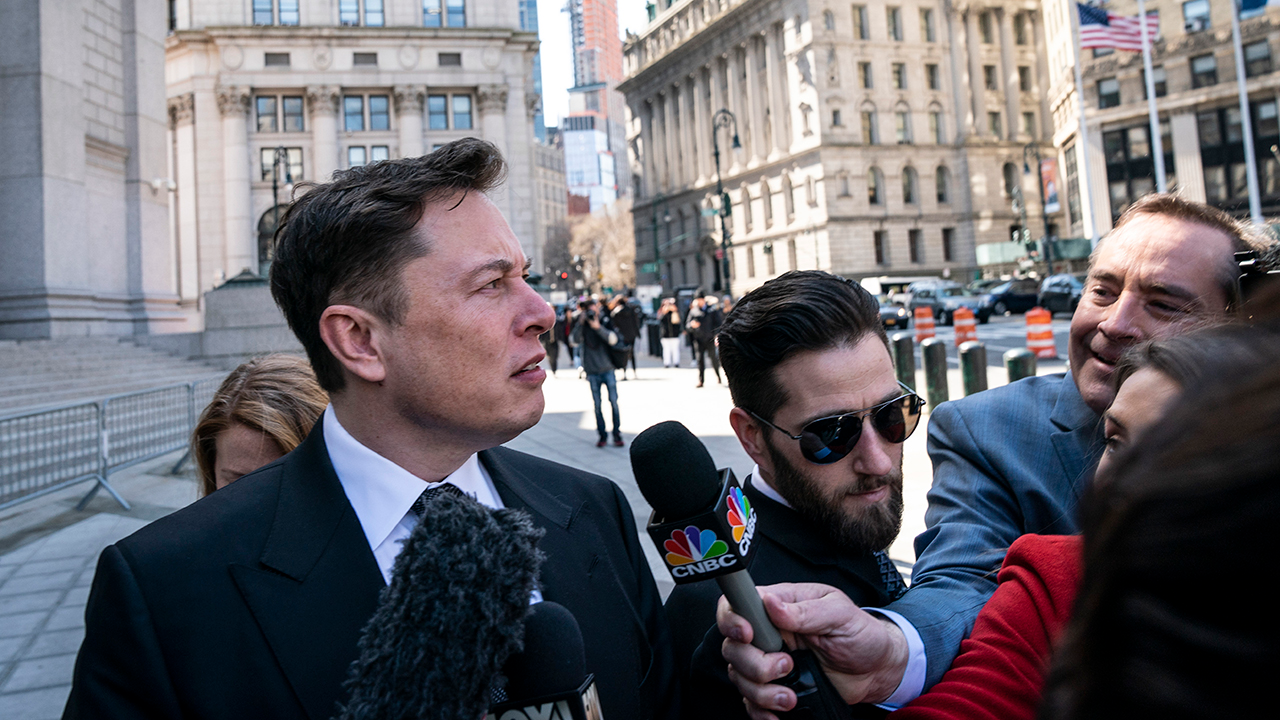Judge Declines To Hold Elon Musk In Contempt For Now, Orders SEC And Musk To Meet Like Grown-Ups
In yet another exhibit in our ongoing saga about how a microblogging network evolved from a stupid place where you post what you ate for breakfast to one of the most consequential communication platforms in the history of mankind, Elon Musk had to appear in court to once again argue he should still be allowed to tweet.
For those just joining the saga, Musk had previously settled with the Securities and Exchange Commission regarding his use of Twitter to say untrue things about Tesla that could potentially mislead investors. This settlement required a third party—a "tweetsitter" if you will—to approve any tweets that could be "material" to Tesla shareholders. But our big electric car boy cannot and, moreover, will not stop, so he naturally didn't do that.
The SEC took issue, and here we are.
In a hearing to determine whether Musk would be held in contempt of violating the settlement, a judge ordered the SEC to sit down with Musk (presumably with many lawyers as well) to hash out another agreement about when he is and is not allowed to tweet about his electric car company, this time presumably one Musk can and, moreover, would actually abide by.
Bloomberg live-blogged the hearing so you can re-live the play-by-play if you're so inclined. Suffice it to say, the SEC's lawyer argued Musk's tweets mischaracterizing the number of electric cars our big electric car boy's company will make this year absolutely violates the agreement that he not do exactly that kind of shit.
Musk's lawyer countered that, in short, the SEC screwed up in letting Musk himself decide what tweets do or do not count as "material" to his electric car company and would therefore need to be cleared by his tweetsitter. If the SEC doesn't like that, Musk's lawyer said, they shouldn't have agreed to it.
If you're confused by this, you're not alone. The judge also seemed somewhat put off. From Bloomberg's live blog:
Judge Nathan asks Musk's lawyer in what scenario would the CEO be violating the SEC accord and what role she would have in determining whether he did or not. He says he can't think of one.
“You're not very imaginative,” the judge says.
Ultimately, the judge sent both parties back to the negotiating table and instructed them to send a letter to the court within two weeks with an update. The judge clearly wanted to avoid ruling on the issue, because, as she put it, she has "serious concerns that whatever I decide here the issue will not be finally resolved."
Elon Musk, he loves the tweets.
